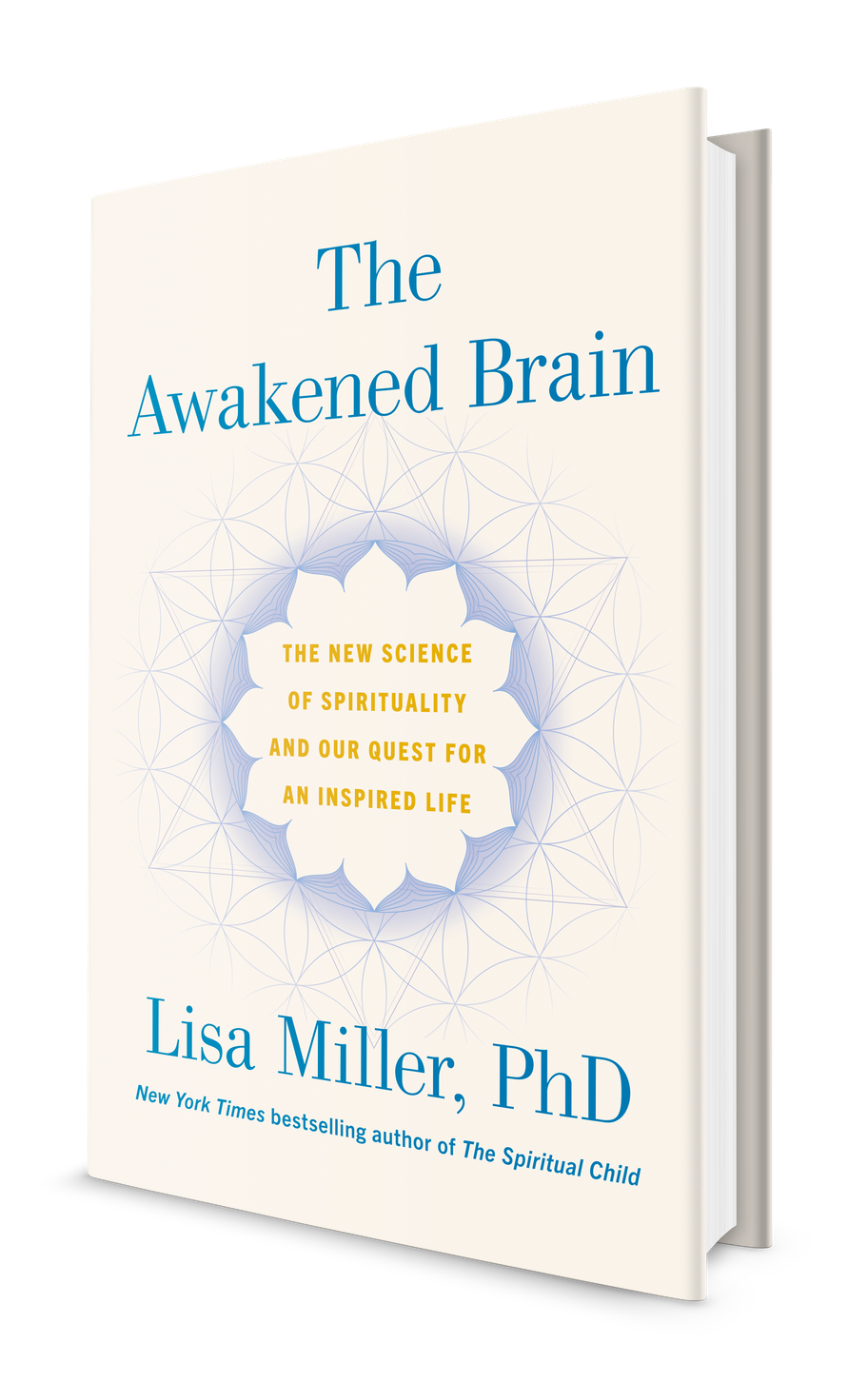For thousands of years, the world’s religions have played a fundamental role in providing comfort and spiritual well-being through rituals and practices such as songs, services, and prayers. Modernity has pushed faith aside, and continues to do so, changing the way many people think about spiritual practices in an increasingly secular culture.
For some of us, faith and spirituality go hand in hand, and even an act of service, mediation, a hike in the woods, or just sitting around the Thanksgiving table can be a spiritual journey. You can feel truly alive.
The exploration of spirituality is a central focus of Dr. Lisa Miller, a neuroscientist, psychologist, and professor of clinical psychology at Columbia University. She has good news for people of different beliefs.
“Hindus, Jews, Muslims, Catholics, Christians, non-religious but spiritual people, we all have the same neural correlates in perceiving transcendent relationships,” Miller said. says Mr. In other words, our ability to experience spiritual life is hardwired into us: we are all spiritual beings by nature.
Miller, who is also the founder of the Spirituality Mind-Body Institute at Columbia University Teachers College, argues that regular spiritual practice can reduce depression and anxiety.
Dr. Miller shares the profound experiences that inspired his research into the relationship between spirituality, the “awakened brain,” and mental illness. Early in her career, she led an impromptu Yom Kippur service while working in an “inpatient ward with people suffering from severe pain and recurrent major depression.”
“When we begin to say our prayers, we immediately become one community. And as we sing their prayers, a rhythm is created…Whatever the individual patient’s diagnosis, Yom Kippur In that moment, their light shined brightly, and there was a sense that their ways were equal and opposite,” Miller recalls. “They were liberated from the cage of ego limitations, liberated from their little Self, and joined the greater Capital Self, the realm of life, the divine connection. ”
Although the effect on the patient was significant, Miller also explains that the effect wore off after about four days, observing that “a continual spiritual awareness was required.”
“The awakened brain reminds us that we are never alone, and that no matter how hopeless, unloved, and worthless we may feel in our most difficult moments, we are actually in this extraordinary life. It lets you know that you’re part of their existence,” Miller says.
Join the Life Examined discussion group on Facebook for a deeper dive into life, philosophy, and what makes us human.

“Awakened brain. says Lisa Miller, author of The New Science of Spirituality and the Quest for an Inspired Life. This is who we are. ”

